
Steps
- Pay attention to diction. In speaking, diction refers to how words are pronounced. In literature, it refers to the words the author chooses to use, whether the words chosen are abstract or concrete, general or specific, and formal or informal.
- Abstract words are words that can't be perceived with the senses, while concrete words are words that can be perceived and measured. For instance, the word "yellow" is concrete, but the word "pleasant" is abstract. Abstract words "tell, " and are used to quickly move through events. Concrete words "show, " and are used for critical scenes because they place the reader in the scenes along with the characters.
- General words are vague, such as "car" or "cat." These are concrete words, but they can apply to any number of specific cars or cats, so the reader can imagine what he or she wants. In contrast, specific words such as "Siamese" and "Ferrari" restrict the reader to a specific image.
- Formal words are long, technical or unusual, and will be used by authors who want the reader to see them or the character as highly educated or just pompous. Informal words are those almost all readers will be familiar with, suggesting that the author is much like them. Informal words include contractions and slang, which more closely resemble the way most people speak.
- Look at the imagery. This is descriptive language that reveals what the author or character thinks and feels about what's happening.
- An author that writes about a character swimming in a pond of warm water and describes it as being like a warm bath is suggesting that the pond is inviting, relaxing and soothing. An author that describes the same swim as simmering in a pot may want to suggest discomfort or a sense of foreboding.
- Study the details. No author can include every fact about a character, a scene or an event in the story. Which details are included and which omitted are important indicators of tone.
- One author may describe a house as having cheery flowers in the front yard, which suggests that the house is a happy home for happy occupants. Another author may not mention the flowers but talk about the peeling paint or dirty windows, suggesting that the house is a depressing place occupied by depressed people.
- Listen to the language. The author will choose words according to their connotation, a meaning beyond the literal definition, that's suggested by a word, in order to reveal to the reader, the author's attitude toward the subject.
- An author that refers to a dog as a pooch is being affectionate, while an author who hates or fears dogs may use the word "cur." An author that refers to children as brats has a different attitude toward children than one that calls them rug rats.
- Twilight and dusk are both defined as the period of time between sunset and full darkness, but they suggest different things.
 Dusk is more about darkness than light and may suggest that night is fast approaching, with all the frightening things that happen at night. In contrast, twilight may suggest that dawn, which represents a new start, is near or that the sun has just set, signaling the end of a difficult day.
Dusk is more about darkness than light and may suggest that night is fast approaching, with all the frightening things that happen at night. In contrast, twilight may suggest that dawn, which represents a new start, is near or that the sun has just set, signaling the end of a difficult day. - An author may choose words strictly by their sound. Pleasant-sounding words suggest that the author is writing a story about pleasant things, whereas harsh sounding words suggest that the subject is also harsh or unpleasant. For instance, a wind chime may either be mellifluous (musical) or cacophonous (annoying).
- Break down the sentence structure. This is the way individual sentences are constructed. The author varies his or her sentence structure to convey tone and may employ a pattern the reader can recognize.
- Word order in a sentence gives a hint about what part you should be paying closer attention to. Generally, the greatest emphasis is on the end of the sentence, "John brought flowers" emphasizes what John brought while "The flowers were brought by John" emphasis who brought the flowers. By inverting the word order, the author makes who brought the flowers a surprise for the reader.
- Short sentences are more intense and immediate while long sentences create a distance between the reader and the story. However, longer sentences spoken by characters suggest thoughtfulness while short sentence can be seen as flip or disrespectful.
- Many authors will break the rules of syntax on purpose in order to achieve a desired effect. For instance an author may choose to place a noun before its adjectives, called anastrophe, to add weight to the adjectives and make the sentence more dramatic. "The day, dark and dull" encourages the reader to pay extra attention to the unusual nature of the day.
Ad
Source: www.wikihow.com
|
Klänge, Töne, Geräusche und das Radio - Versuch einer Definition und Beschreibung des Einflusses von Geräuschen und Tönen auf den Menschen (German Edition) eBooks (GRIN Verlag GmbH) |
You might also like:
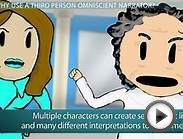

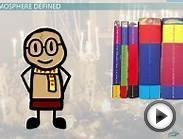
|
Literary Devices Laminated Educational Poster Series. Eco-friendly, English Literature Art Prints. Featuring: Conflict, Tone, Plot, Protagonist, Antagonist, Point of View, Theme, Mood, Setting, and Motif Home (Echo-Lit, LLC)
|
Related posts:
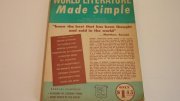



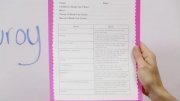
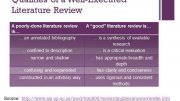
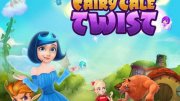
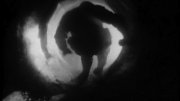

















In literature, tone is the writer's attitude toward his readers and his subject; his mood or moral view. for now!